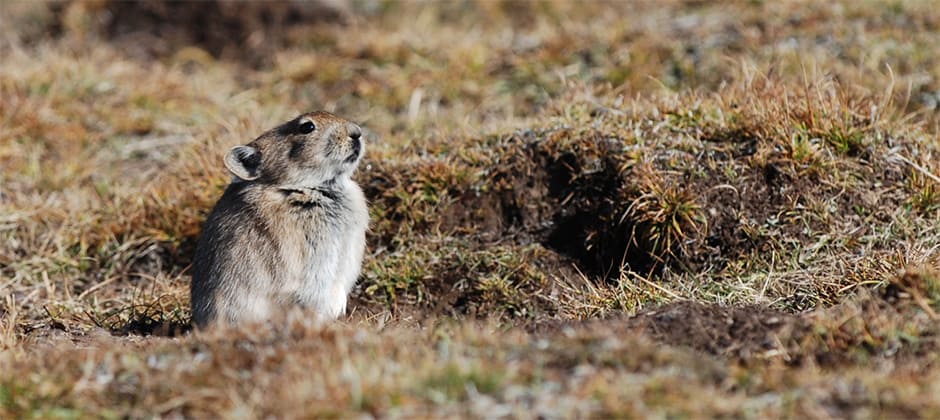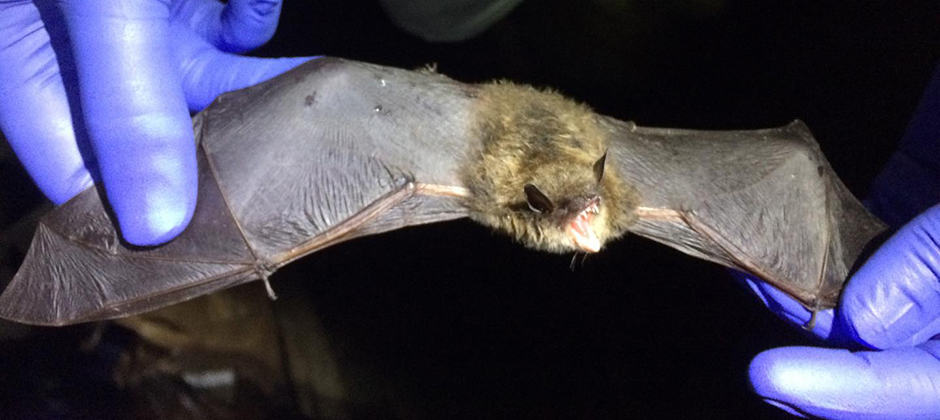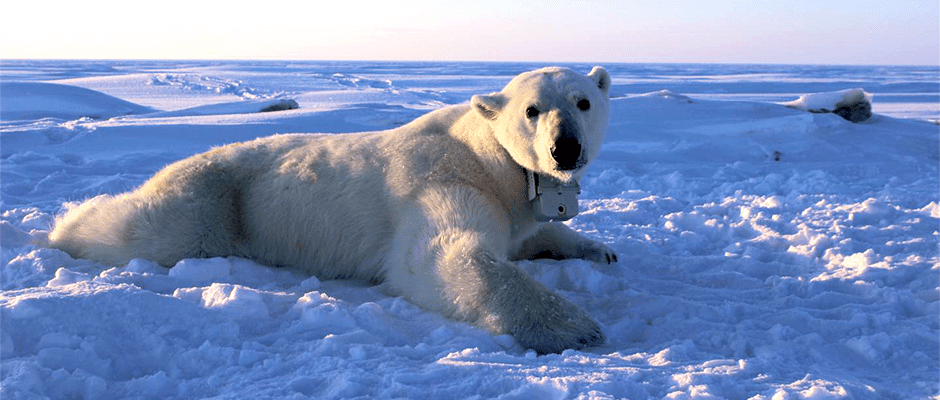- News
-
-
-
-
-
Latest News Articles
- Q&A: TEK and the wildlife profession April 24, 2024
- History may point to a brighter future for Canada lynx April 24, 2024
- New maps expand picture of big-game migrations in the West April 23, 2024
-
-
-
- Wildlife Professional Resources
-
- Our Network
-
- PUBLICATIONS
-
-
Recent Posts
-
 The Wildlife Professional November/December Issue
November 1, 2023
The Wildlife Professional November/December Issue
November 1, 2023
-
-
-
-
-
-
- Wildlife Events
-
-
-
Upcoming Webinars
- No Events
-
-
-
- Who We Are
-
Tag: metabolism

July 23, 2021
Watch: For some pikas, winter means fast food and saving energy
North American pikas survive their high-altitude winters by keeping warm in their burrows. Not so for the plateau pika (Ochotona curzoniae) on the Qinghai-Tibetan Plateau. Temperatures there plunge below negative...

March 19, 2021
Genes let some bats survive white-nose syndrome
Little brown bats that survive the deadly white-nose syndrome have different genes than those that have died from it, researchers found, suggesting an evolutionary path for bats to survive a...

February 9, 2018
In warming Arctic, polar bears can’t catch enough seals
Some polar bears (Ursus maritimus), aren’t catching enough seals (Pusa hispida) to meet their energy demands, according to new research. For the past 20 decades, the U.S. Geological Survey has...

